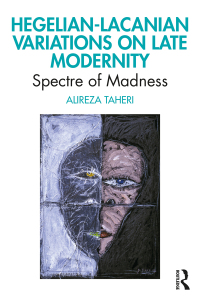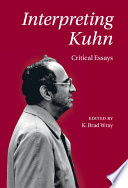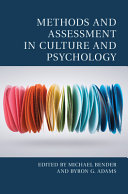Buy Hegelian-Lacanian Variations on Late Modernity: Spectre of Madness 1st Edition PDF ebook by author Alireza Taheri – published by Routledge in 2021 and save up to 80% compared to the print version of this textbook. With PDF version of this textbook, not only save you money, you can also highlight, add text, underline add post-it notes, bookmarks to pages, instantly search for the major terms or chapter titles, etc.
You can search our site for other versions of the Hegelian-Lacanian Variations on Late Modernity: Spectre of Madness 1st Edition PDF ebook. You can also search for others PDF ebooks from publisher Routledge, as well as from your favorite authors. We have thousands of online textbooks and course materials (mostly in PDF) that you can download immediately after purchase.
Note: e-textBooks do not come with access codes, CDs/DVDs, workbooks, and other supplemental items.
eBook Details:
Full title: Hegelian-Lacanian Variations on Late Modernity: Spectre of Madness 1st Edition
Edition: 1st
Copyright year: 2021
Publisher: Routledge
Author: Alireza Taheri
ISBN: 9780367523077
Format: PDF
Description of Hegelian-Lacanian Variations on Late Modernity: Spectre of Madness 1st Edition:
The current rise in new religions and the growing popularity of New Ageism is concomitant with an increasingly anti-philosophical sentiment marking our contemporary situation. More specifically, it is philosophical and psychoanalytic reason that has lost standing faced with the triumph of post-secular “spirituality”. Combatting this trend, this treatise develops a theoretical apparatus based on Hegelian speculative reason and Lacanian psychoanalysis. With the aid of this theoretical apparatus, the book argues how certain conceptual pairs appear opposed through an operation of misrecognition christened, following Hegel, as “diremption”. The failure to reckon with identities-in-difference relegates the subject to more vicious contradictions that define central aspects of our contemporary predicament. The repeated thesis of the treatise is that the deadlocks marking our contemporary situation require renewed engagement with dialectical thinking beyond the impasses of common understanding. Only by embarking on this philosophical-psychoanalytic “path of despair” (Hegel) will we stand a chance of achieving “joyful wisdom” (Nietzsche). Developing a unique dialectical theory based on readings of Hegel, Lacan and Zizek, in order to address various philosophical and psychoanalytic questions, this book will be of great interest to anyone interested in German idealism and/or psychoanalytic theory.





